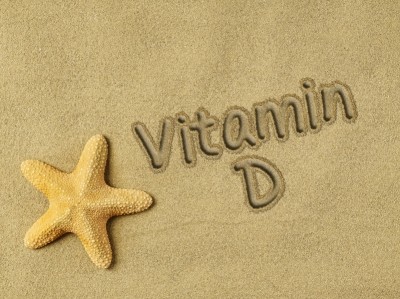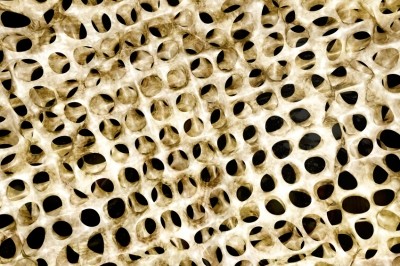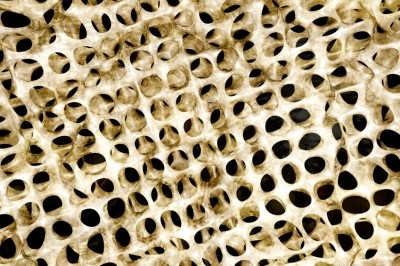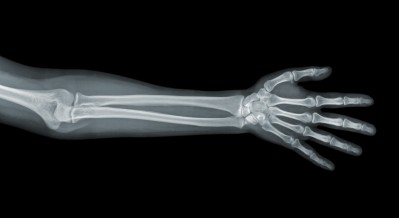High doses of vitamin D fail to boost calcium absorption, bone mineral density, study finds
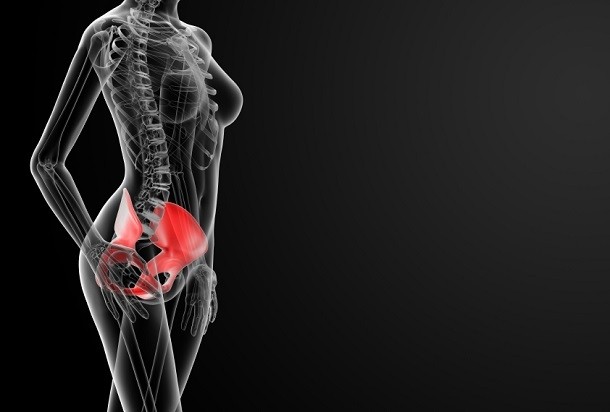
The study, published Aug. 3 in JAMA Internal Medicine, found giving postmenopausal women deficient in vitamin D high enough doses of cholecalciferol for a year to maintain their levels at 30 ng/mL “had a negligible effect on calcium absorption and no clinically meaningful beneficial effects on [bone mineral density], muscle function or falls” when compared to women who received lower doses of vitamin D or a placebo.
The results of the 221-woman study contradicted researchers’ hypothesis that a higher dose would elevate women’s vitamin D serum to a level that would help protect against osteoporosis by increasing total fractional calcium absorption and bone mineral density more than a low-dose of vitamin D or placebo would.
The high dose increased absorption only 1% compared to 1.3% for the placebo arm, according to the study. It also found no meaningful differences between changes in the groups’ bone mineral density, muscle mass or muscle control.
“Likewise, we found no between-arm differences for numbers of falls, number of fallers, physical activity or functional status,” write the researchers, who were led by Karen Hansen at the University of Wisconsin School of Medicine and Public Health.
With this in mind, they write the “study results do not justify the common and frequently touted practice of administering high-dose cholecalciferol to older adults to maintain” vitamin D serum levels of 30 ng/mL or greater.
Rather, they say, the results support the Institute of Medicine’s conclusion that vitamin D repletion occurs at a lower vitamin D serum level of 20 ng/mL or greater.
Is less vitamin D enough?
The findings come as a blow to proponents of high-dose vitamin D supplementation to protect deficient patients against osteoporosis-related injuries.
In an accompanying editorial, Deborah Grady, a professor of epidemiology and biostatistics and medicine, takes the study’s conclusion one step further. She argues: “These data provide no support for use of higher-dose cholecalciferol replacement therapy or indeed any dose of cholecalciferol compared with placebo.”
She adds that the study is “informative” in the “ongoing controversy regarding the definition of vitamin D insufficiency and the optimal treatment goal,” because it tested various dose-strengths in deficient older women who were otherwise healthy and did not have osteoporosis.
